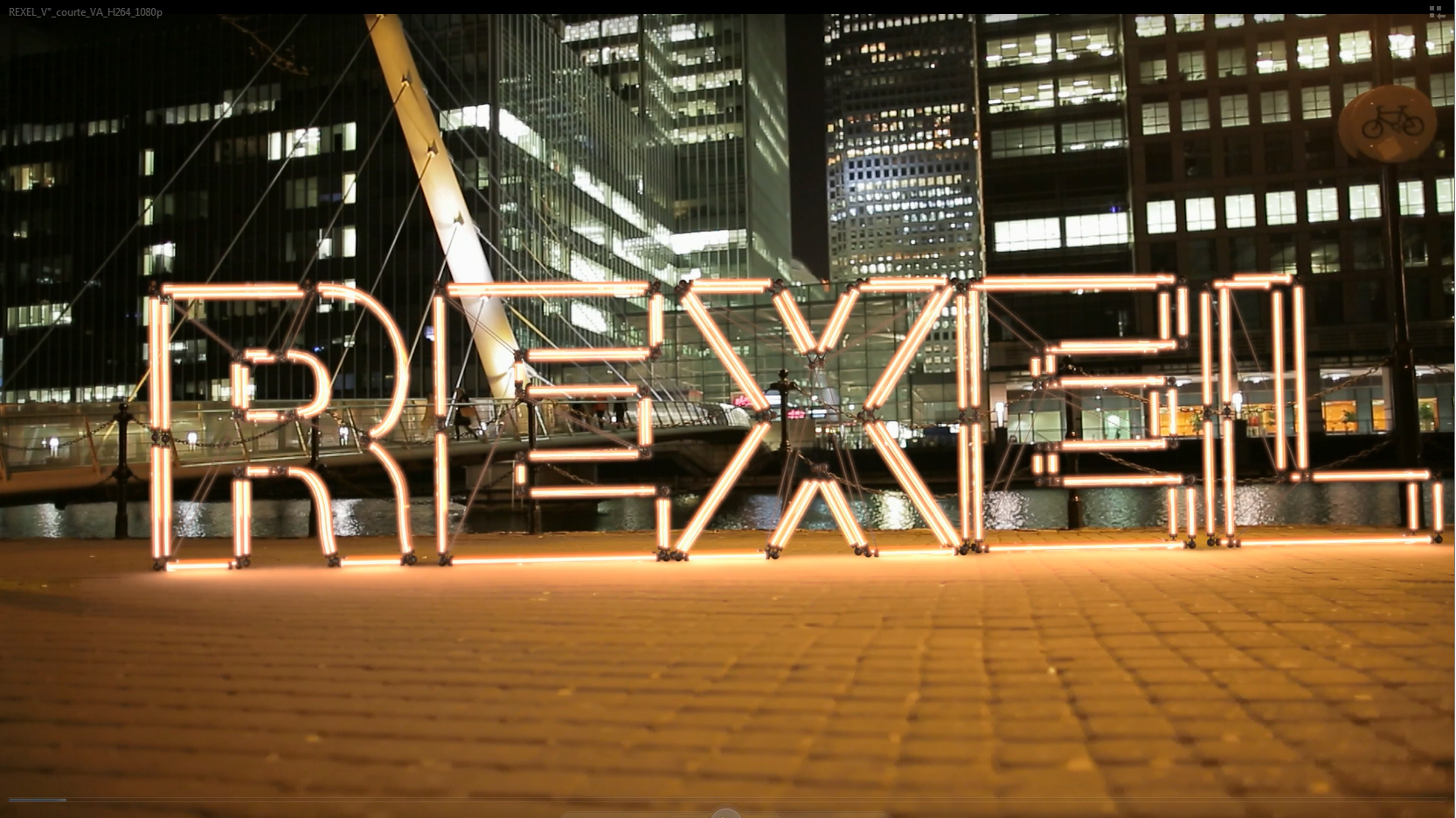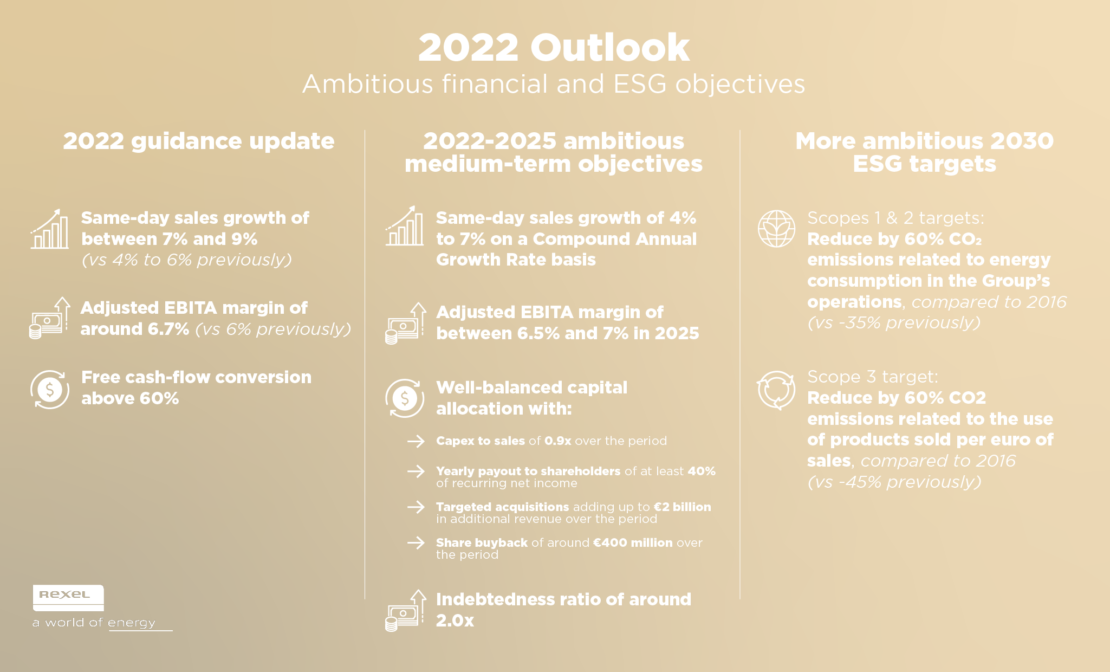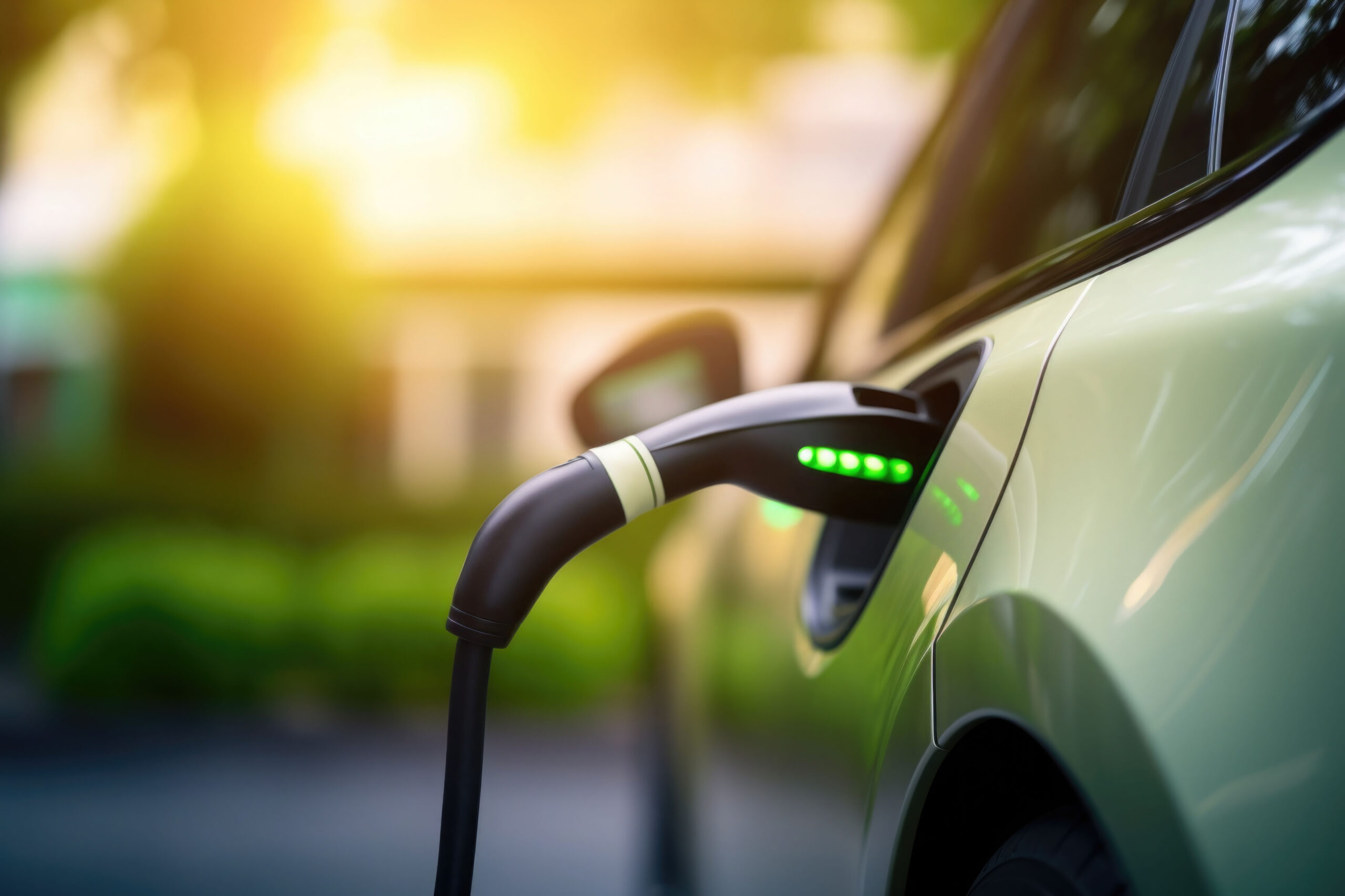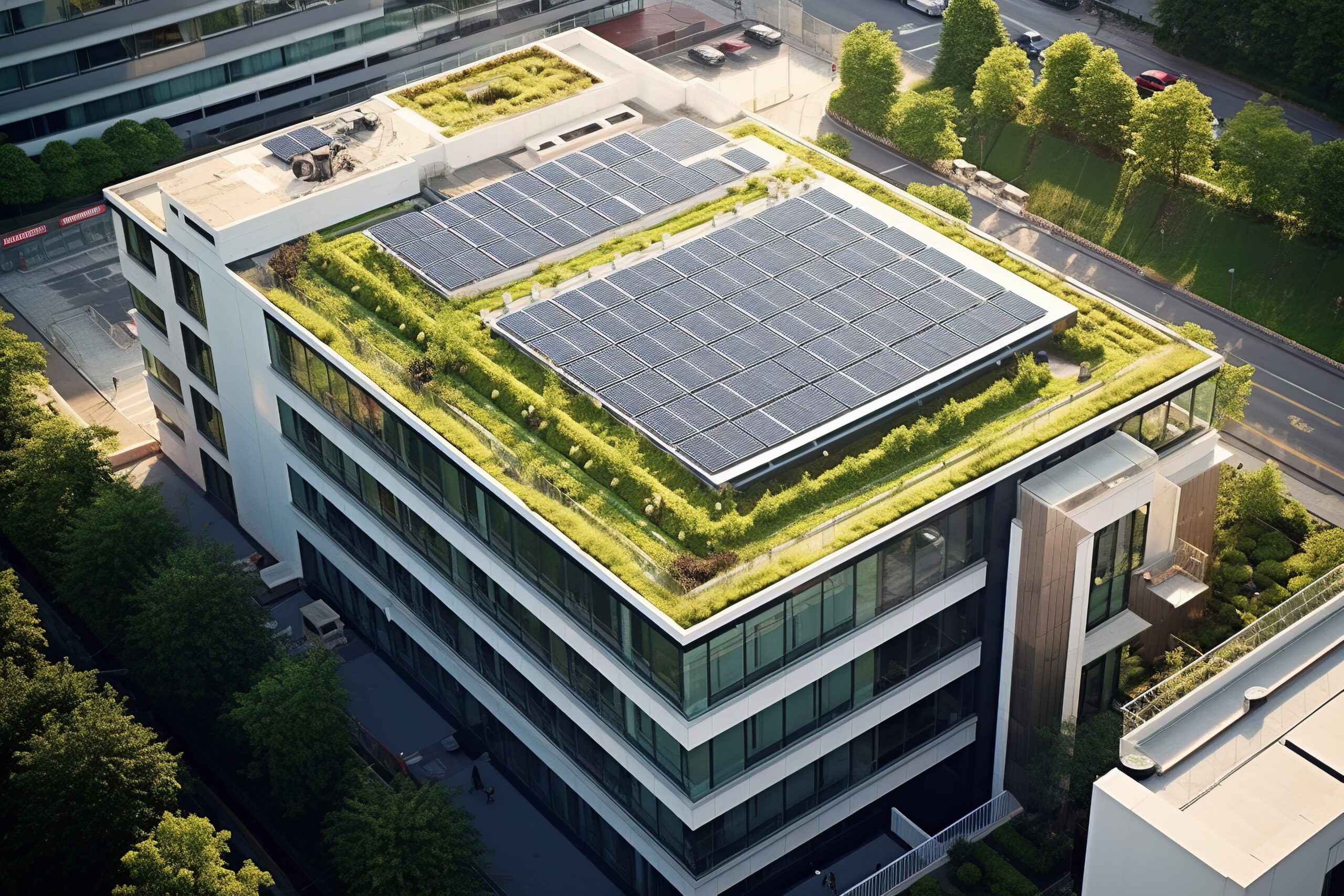
“PowerUP 2025”: Rexel upgrades its medium-term goals and environmental targets
With its new strategic plan “PowerUP 2025”, Rexel reaffirms its commitment to the energy transition and the fight against climate change. Its upgraded targets are supported by an ambitious ESG (Environment, Society, Governance) policy that is fully integrated into the Group’s strategic roadmap, presented at a Capital Markets Day on June 16th.
Over the past five years, Rexel has carried out a profound transformation that has strengthened its fundamentals by optimizing its model and placing corporate responsibility at the heart of its business. Its development strategy is now reinforced by the “PowerUP 2025” plan, which links business growth, in a context historically favorable to electrification, and a zero-carbon ambition.
Electrification constitutes a key driver for achieving Net Zero objectives by 2050, and this new strategic plan aims to position Rexel at the forefront of this overall movement.
Achieving carbon neutrality in industry, transport, and construction
These sectors are largely concerned, particularly at the European level, by the incentive regulations as part of the Net Zero agendas, which target carbon neutrality in a growing number of activities by 2050. By 2030, the share of electricity in the energy mix of these three key markets is expected to more than double, reaching 50% by 2050.
In industry, across all sectors, the electrification of production processes is set to accelerate with technologies already developed, or in the experimental phase, for the generation of very high temperatures. This development implies the installation of automated electrical control systems as well as electrical backup equipment, powered in particular by batteries.
In transport, the growth of green mobility relies on electric vehicle charging infrastructures that will have to be deployed on a massive scale. They require complex management systems for efficient operation and high added value for drivers.
Finally, in the building sector, it is a question of optimizing energy consumption in parallel with the electrification of heating or cooling. This balance is achieved through automatic and intelligent building control systems as well as through local energy production using photovoltaic panels. For Rexel, these developments represent a very positive outlook for its business, as they concern both energy production and the energy efficiency of solutions, requiring massive investments in electrical equipment and support for professionals.
Innovative services at the heart of sustainable energy solutions…and growing fast
Rexel also intends to strengthen its leadership in all innovative areas related to the energy transition, particularly in four key segments: Heating, Ventilation, Air Conditioning (HVAC), photovoltaics, electric mobility, and industrial automation. While the share of sales represented by these segments will account for nearly 15% of Rexel’s total sales in 2021, their growth is predicted to be twice as fast as that of other markets in the years to come.
In the field of HVAC for buildings, Rexel offers “OPEN”, an energy optimization and management service. It aims to carry out real building audits and guide professionals through a maze of constantly evolving public aid.
When it comes to photovoltaic equipment, Rexel offers both technical and financial services to facilitate the installation of panels, but also to optimize their operation and ensure the storage of energy produced, if necessary. New services are also emerging around electric vehicle recharging infrastructure. These include operating and maintenance tools for owners of charging facilities, as well as services for companies for the management of electric vehicle fleets and for private individuals to facilitate access to charging stations.
Finally, in the field of industrial automation, the Group relies on technical expertise, auditing, systems integration, and high-performance software solutions. The digitization of maintenance aims, for example, to set up a digitized process for planning, supervising, and sharing information on maintenance operations, for cost optimization.
In each of its areas, Rexel is developing training and support services for professionals to accelerate the acculturation of the industry to these innovations and to meet end-users’ expectations.
New services to promote low-carbon innovations
Rexel’s omnichannel approach, reinforced by the digitization of its processes and the use of artificial intelligence, enriches and simplifies the customer experience, with the aim of creating mutual value. The result: fast and more reliable product delivery, numerous order availability options, and a reduced environmental impact. Convinced of the relevance of deploying an omnichannel model in all its markets, Rexel is ensuring a gradual but determined transition to more efficient practices by bringing its partners on board.
A long-term environmental commitment
As part of PowerUP 2025, Rexel has upgraded it targets to a 60% reduction in CO2 emissions from both Scopes 1 and 2 and Scope 3 by 2030. Back in 2010, the Group set itself the goal of reducing CO2 emissions from its internal operations by 30% in 10 years, an objective that was achieved three years ahead of schedule. In 2018, new targets were unveiled: by 2030, they were predicted to achieve a 35% reduction in CO2 emissions related to the energy consumption of the Group’s operations (base 2016, Scopes 1 & 2), and a 45% reduction in emissions from the use of products sold (base 2016, Scope 3, which represent 94% of total emissions).
Context
- Scopes 1 & 2: Greenhouse gas (GHG) emissions related to Rexel’s operations and energy consumption. Across its entire value chain, direct emissions from the energy consumption of buildings and vehicles used daily account for just 0.3% of the total.
- Scope 3: Corresponds to the external carbon footprint, whether it is recorded upstream in the manufacturing of products distributed, or downstream via the use of these same products by customers and end-users. Scope 3 also includes the transport of these products by service providers.
Rexel benefits from a combination of factors favorable to the growth of its business and continues its eco-responsible development. The urgency of the energy transition requires better control on consumption, which in turn favors the innovative services offered by the Group. At the same time, the electrification of different uses is generating strong growth in the markets in which Rexel aims to consolidate its leadership and position the Group at the heart of tomorrow’s green growth.


